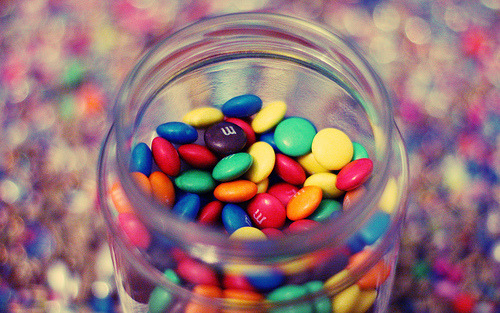According to new research presented at the annual meeting of the Society for Personality and Social Psychology, the best way to stop yourself from indulging in a junk-food craving is not to attempt total resistance, but instead to postpone your indulgence. This way, you’re neither giving in nor attempting total denial. And chances are, you won’t end up eating those chips later after all.
So how does this work? When people are faced with a temptation (e.g., chocolate cake) they experience a tug-of-war between eating it (pleasure) and not eating it (restraint and deprivation), study researcher Nicole Mead, a psychologist at the Catolica-Lisbon School of Business and Economics in Portugal, told Healthy SELF.
Sound familiar? “This is because eating is the natural human tendency, whereas restraint is unnatural for humans and therefore effortful,” Mead says.
In fact, restraint often leads to over consumption in the future, because it increases your desire and reduces your willpower, according to Mead. “In contrast, postponement gives in to the natural tendency of wanting and having the pleasure, just not at the moment,” she says. “It tricks the mind and body into thinking it will have the pleasure, which enables people to keep the temptation at arm’s length at the time of peak desire for the temptation, allowing the mind and body to cool off!”
But won’t you just end up eating the treat, well, later? Unlikely, says Mead. “When people don’t indulge in the temptation, the temptation seems less and less desirable in the future, enabling people to continue postponing the pleasure.”
To come to this conclusion, researchers gave student volunteers bowls of M&Ms. Some were told to eat as many as they wanted, others were told not to eat any and a third group was told they could eat some later. The researchers then told the students the experiment was over, and offered the M&Ms once again. Guess who ate the most? The group who was initially deprived. And the least? The group who had been told to wait and have some … later.
Keep in mind, though, if you set a specific time or day to indulge in your temptation, your mind and body become programmed to actually eat it at that time. “When 3 p.m. comes around, say, an alarm bell will go off reminding you to eat,” says Mead. But if you postpone to a vague time (later!), that goal of eating is not reactivated.
“By moving even the thought of consumption to the future, the goal of eating and indulging are no longer relevant for the mind and body, so they simply do not care and the craving naturally dissipates,” Mead says.
In fact, Mead theorizes that employing this strategy can actually build your willpower and help curb your cravings in the first place. “When the desire for the pleasure is not reinforced by consumption of the pleasure, the body learns that the temptation is not all that pleasurable and exciting,” she says. So go ahead, have some M&Ms! Just not right now.
Source
http://www.self.com/flash/health-blog/2012/02/study-yes-you-can-resist-a-jun/




No comments:
Post a Comment